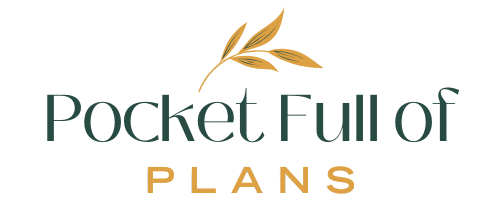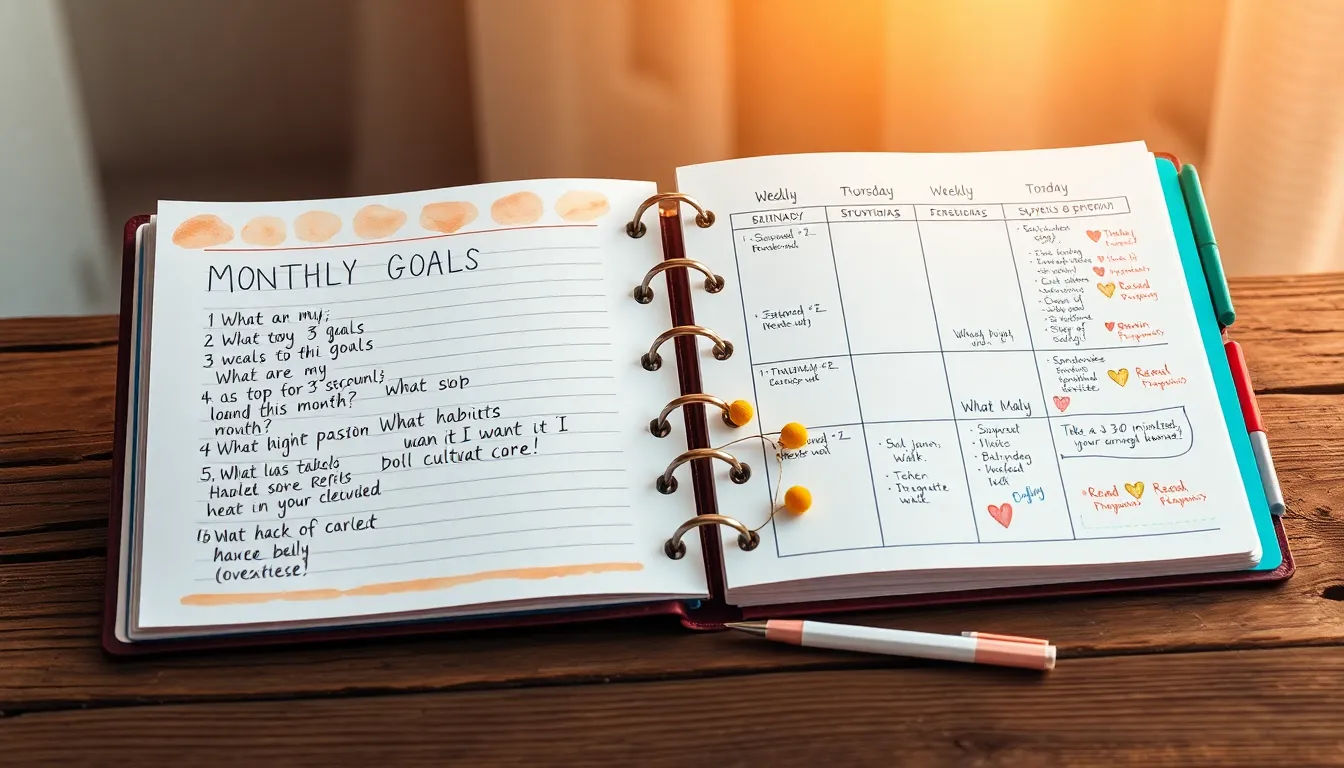Organizing your journal isn’t just about tidiness; it’s a powerful tool for clarity and growth. A well-structured journal can transform your thoughts into purposeful actions, paving the way for personal success and well-being.
Dive into this guide to discover simple steps that enhance your journaling practice. You’ll learn how to create a personalized system that boosts productivity and helps you achieve your goals with ease.
Select Your Journal Format

Choose a journal that resonates with you. Consider a blank notebook for freedom, or a guided journal with prompts. Both foster self-discovery; select based on your comfort.
For effective journaling, start with simple prompts. Try:
- What am I grateful for today?
- How do I want to feel tomorrow?
These focus your thoughts and nurture positivity.
Define Your Success Goals

Define your success goals by visualizing what success looks like for you. Use journaling to explore your dreams and aspirations. Start with simple prompts: “What does success mean to me?” or “How do I envision my ideal life?”
Regularly revisit and refine these goals to keep them relevant and inspiring. Reflect with prompts like: “What small steps can I take today?” and “What achievements am I proud of?” This keeps your journal dynamic and motivating.
Create Themed Sections

Organize your journal with themed sections to focus your thoughts. Try dedicating pages to areas like gratitude, goals, or reflections. This structure enhances clarity and purpose.
Incorporate specific prompts for each section. For gratitude, list three things you’re thankful for today. In goals, jot down one actionable step. These focused prompts keep journaling meaningful and effective.
Establish a Consistent Routine

Begin by setting a specific time each day for journaling. This simple consistency builds habit and ensures journaling becomes a natural part of your routine.
Incorporate daily prompts to guide your writing. Try reflecting on:
- “What am I grateful for today?”
- “What is one thing I can improve tomorrow?”
These encourage mindful reflection and growth.
Review and Reflect Regularly

Regularly reviewing your journal fosters growth. Set aside time weekly to reflect on key insights. Use prompts like:
- “What am I grateful for this week?”
- “How have I progressed toward my goals?”
Reflection boosts self-awareness and clarity. Consider ending each month with a summary page that captures major learnings and achievements. This practice reinforces progress and motivates continued journaling.
Conclusion: Creating Beautiful Outdoor Spaces
In today’s bustling world, nurturing relationships can feel overwhelming, but a well-organized journal can be your guiding light. We’ve explored five key concepts to help you succeed: understanding the importance of setting intentions, maintaining open communication, practicing gratitude, setting realistic goals, and reflecting on personal growth. By applying these strategies, you can cultivate deeper, more meaningful connections.
As an immediate next step, take a few moments to jot down your relationship intentions for the upcoming week. Reflect on what you appreciate about your loved ones and how you can contribute positively to your relationships. This simple act can set the tone for more intentional interactions.
Remember, your journal is a living document of your journey. Save or bookmark this article now to have these invaluable insights at your fingertips whenever you need a refresher.
Looking forward, embrace the ongoing process of growth and connection. With intentional focus and regular reflection, you can navigate the complexities of relationships with confidence and grace. Here’s to your success in building lasting, fulfilling bonds!


